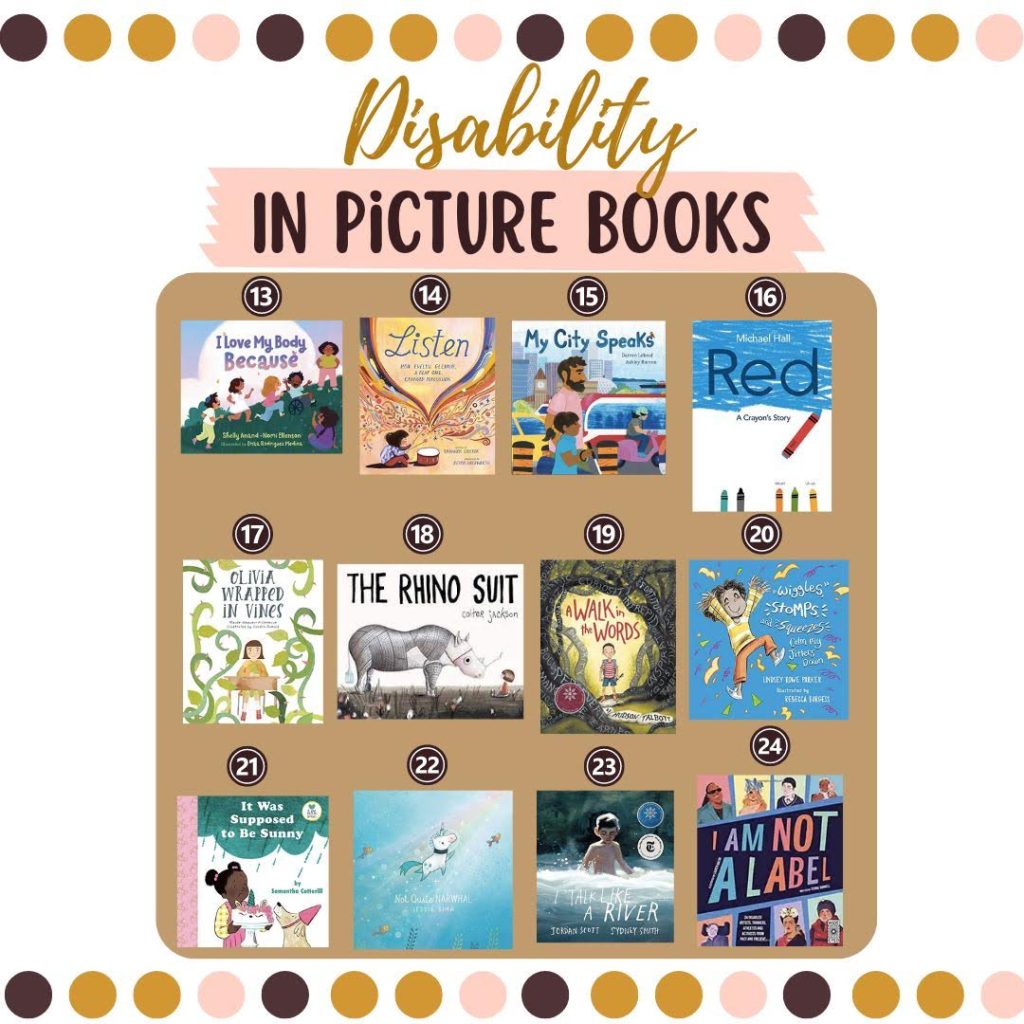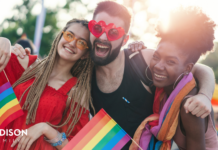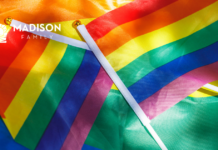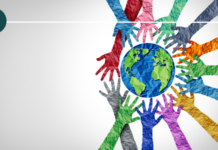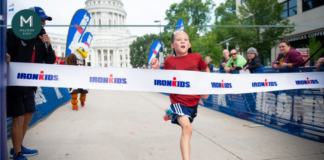 Your child sees a person using a wheelchair at the grocery store and they loudly blurt, “Mommy, why can’t that man walk?” A new student has joined your son’s class this year and one day he comes home saying, “the new kid is so weird, he won’t stop flapping his arms!” A girl in your daughter’s dance class is Deaf and her interpreter attends class with her. Your child asks you after class, “what’s wrong with Maria’s ears and why can’t she hear me?”
Your child sees a person using a wheelchair at the grocery store and they loudly blurt, “Mommy, why can’t that man walk?” A new student has joined your son’s class this year and one day he comes home saying, “the new kid is so weird, he won’t stop flapping his arms!” A girl in your daughter’s dance class is Deaf and her interpreter attends class with her. Your child asks you after class, “what’s wrong with Maria’s ears and why can’t she hear me?”
If any of the above scenarios have happened to you, you’re not alone. Kids are naturally curious and observant of their surroundings. And if yours are anything like mine, they don’t often have much of a filter! Talking about differences with your children is such an important and proactive step we can take when teaching them about the concept of disability and anti-ableism. Not only will they learn to appreciate and respect the vast array of differences humans possess; but you’ll also feel more equipped and empowered to tackle conversations that might otherwise feel tricky if you didn’t have any personal experience.
As a certified elementary special education teacher, I have a bit of background in this area and have compiled a resource guide in an effort to support families as they begin to have these important conversations with their kids. My husband is neurodivergent as well, so it’s a topic we talk about often in our home as it naturally comes up with our 5 and 2-year-old daughters.
If you are working towards promoting anti-ableism in your home or classroom, it’s my hope that you find value in this list of resources.
You might be wondering, what exactly is ableism? “Ableism is the discrimination of and social prejudice against people with disabilities based on the belief that typical abilities are superior. At its heart, ableism is rooted in the assumption that disabled people require ‘fixing’ and defines people by their disability. Like racism and sexism, ableism classifies entire groups of people as ‘less than, ’ and includes harmful stereotypes, misconceptions, and generalizations of people with disabilities” (Access Living, 2019).
The first thing I want to say is that in order to fight ableism, it’s very important for me to acknowledge that my experience as a disability-adjacent individual does not substitute the lived experience of a disabled person. I would argue that the biggest way we can work to be a better ally for the disability community and push back against ableism is to make sure we are listening to and centering disabled voices directly. Please see the list below of just a few of my favorite people to learn from and give them a follow to learn more!
- Em @neurowild_
- Jenn @noodlenutskidsbooks
- Margaret @babylibrarians
- Lucy & James Catchpole @thecatchpoles
- Keah Brown @keah_maria
- @ableismistrash
- Tiffany @fidget.and.fries
- Ashley @disabilityreframed
- Nina @nina_tame
- Raymond Antrobus @raymond_antrobus
Picture books hold so much power and are excellent teaching tools, especially on topics that feel tricky to navigate with our kids. Children’s picture books are only one tool to use when talking to and teaching your children about disabilities and differences. Did you know that only 3.4% of children’s books have disabled main characters (Cooperative Children’s Book Center, 2019); yet 26% of Americans have disabilities (CDC, 2018). This lack of representation is a problem! This book list I’ve created includes many #OwnVoices books by disabled authors. One way to be an ally is to buy their books, ask your library to buy their books, and share these books with others!
Below is a list of a few of our favorites that feature either disabled main characters or stories that encourage perspective taking and celebrating differences. This list is by no means all inclusive, just a list of our Top 24 favorites we’ve read in our home.
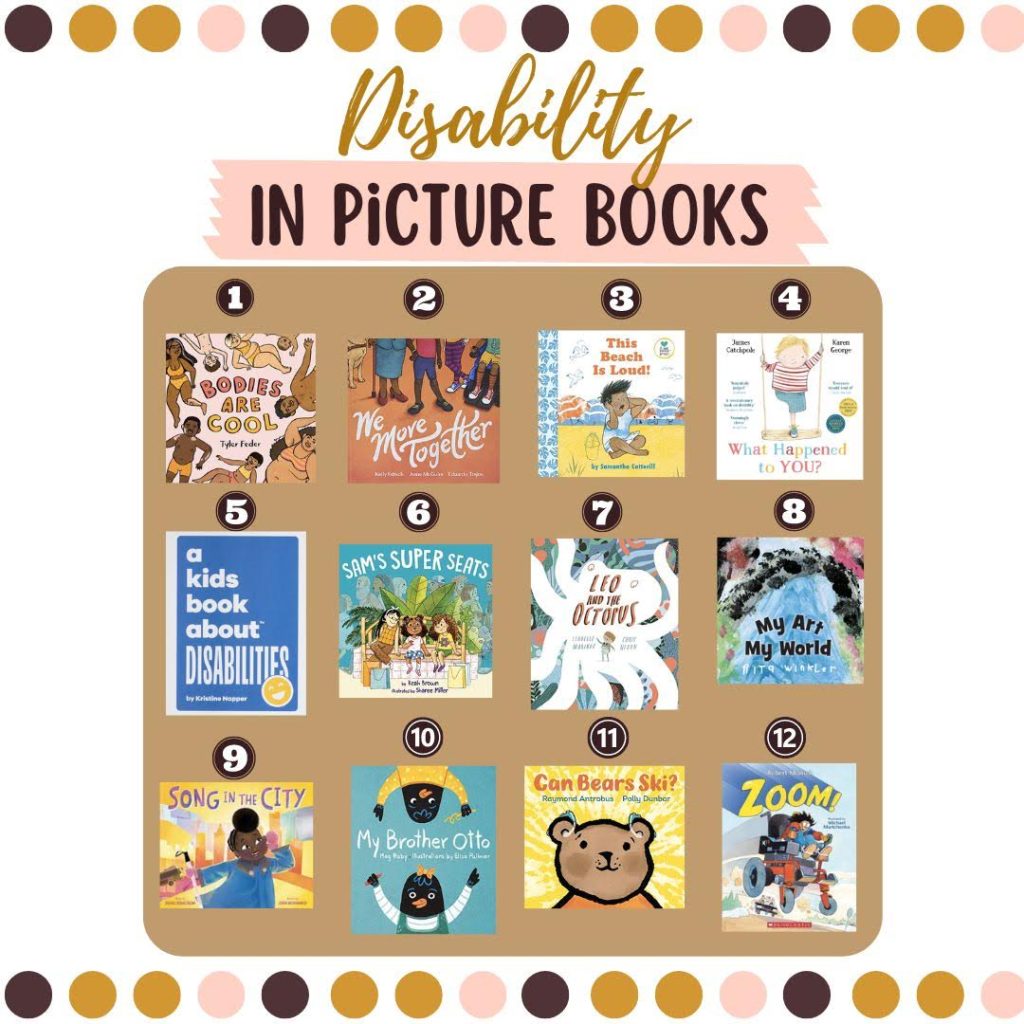
- Bodies Are Cool” by Tyler Feder
- “We Move Together” by Kelly Fritsch, Anne McGuire, & Eduardo Trejos
- “This Beach Is Loud!” by Samantha Cotterill
- “What Happened to You?” by James Catchpole
- “A Kids Book About Disabilities” by Kristine Napper
- “Sam’s Super Seats” by Keah Brown
- “Leo And The Octopus” by Isabelle Marinov
- “My Art My World” by Rita Winkler
- “Song In The City” by Daniel Bernstrom
- “My Brother Otto” by Meg Raby
- “Can Bears Ski?” by Raymond Antrobus
- “Zoom!” by Robert Munsch
- “I Love My Body Because” by Nomi Ellenson and Shelly Anand
- “Listen: How Evelyn Glennie, a Deaf Girl, Changed Percussion” by Shannon Stocker
- “My City Speaks” by Darren Lebeuf
- “Red: A Crayon’s Story” by Michael Hall
- “Olivia Wrapped in Vines” by Maude Nepveu-Villeneuve
- “The Rhino Suit” by Colter Jackson
- “A Walk in the Words” by Hudson Talbott
- “Wiggles, Stomps, and Squeezes Calm My Jitters Down” by Lindsey Rowe Parker
- “It Was Supposed to Be Sunny” by Samantha Cotterill
- “Not Quite Narwhal” by Jessie Sima
- “I Talk Like A River” by Jordan Scott
- “I Am Not A Label” by Cerrie Burnell
In summary, this is only one small piece to the puzzle of teaching children about disability and anti-ableism. Books can be a fantastic tool and a window into different perspectives for all ages to explore together. I’ll end with a favorite quote from one of the above books “A Kids Books About Disabilities” by Kristine Napper: “I’ve learned a lot from living with a disability, so I’d like to share some things with you. The first thing to know about people with disabilities is we are normal. Yup, that’s right. We’re not scary monsters, space aliens, or sad stories. Normal people come in all different shapes, sizes, & colors. Being normal means being different. Having a disability is one of the MANY ways to be normal.”
This entire resource guide is available in PDF format for a free download at the link in our bio you can access at our Instagram page @present_notperfect_ in case you’d like to save it for later or print it out for your child’s classroom teacher, local librarian, or just share with a friend.










